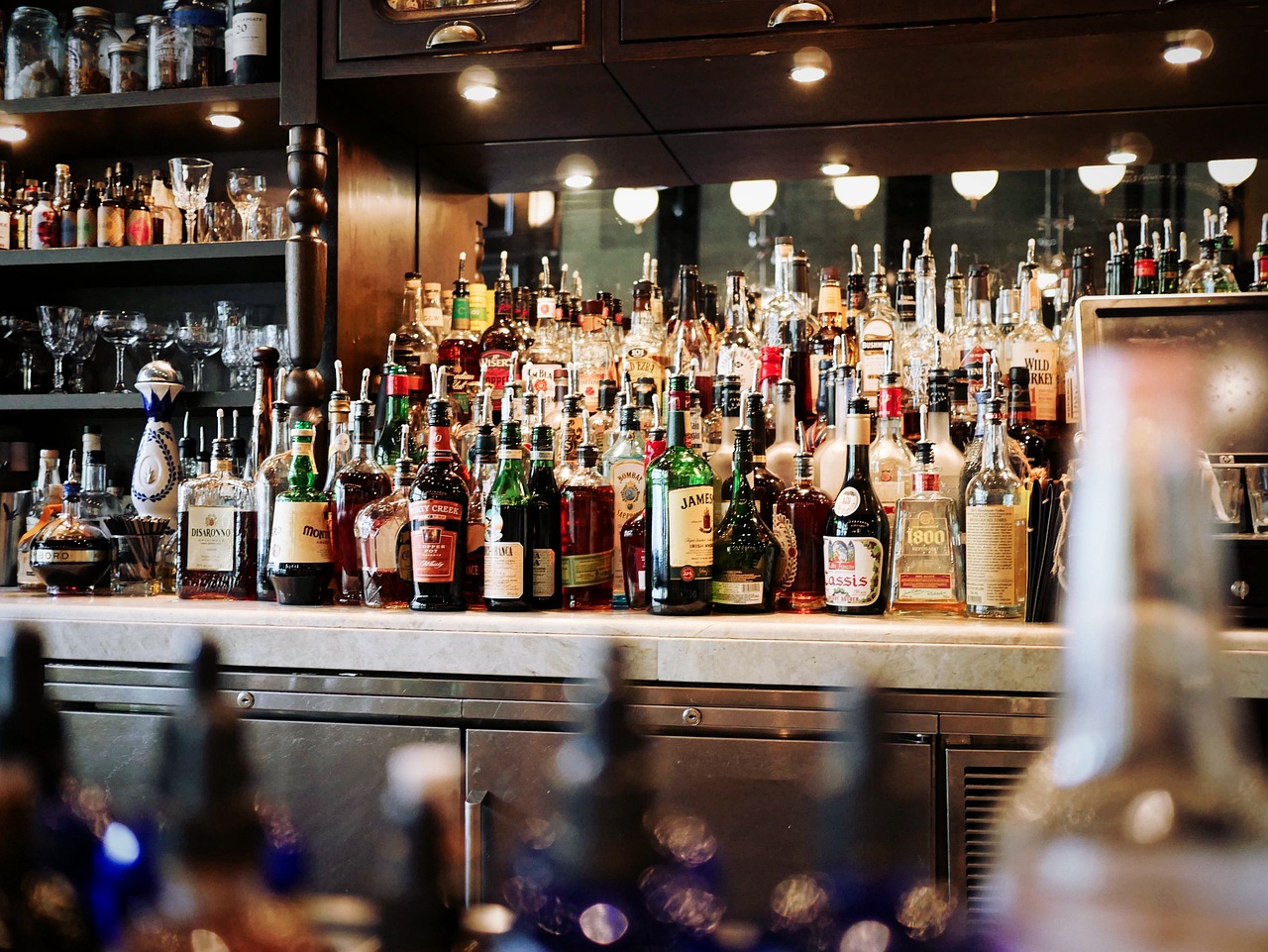Legalities and Licensing in the USA: Navigating the Varied Regulations for Bartenders
In the dynamic world of bartending, where creativity mingles with hospitality, there exists a complex web of legalities and licensing that varies across the diverse landscape of the United States. Understanding and navigating these regulations is crucial for both aspiring and experienced bartenders to ensure a smooth and lawful operation behind the bar. This article delves into the intricacies of legal requirements, licensing procedures, and the nuances that shape the profession of bartending across different states.
The Regulatory Mosaic: Understanding State-by-State Variances
The decentralized nature of alcohol regulation in the United States is unique to bartending. Although the federal government provides detailed guidelines through the Alcohol and Tobacco Tax and Trade Bureau (TTB), each state is free to establish its own restrictions. This leads to distinct restrictions for each state, such as determining legal drinking ages, licensing procedures, and when alcohol can be supplied. For example, the legal drinking age varies by state, with some demanding a minimum age of 21, while others permitting people under 21 to drink on the premises with parental supervision. To maintain compliance, bartenders must be aware of the relevant regulations applicable in their individual states.
Licensing Requirements: A State-Specific Affair
Obtaining the necessary licenses to serve alcohol is a fundamental step for any bartender. However, the method can differ greatly from state to state. States often grant various types of licenses depending on the nature of the facility and the type of alcohol sold.
In certain states, bartenders may need to complete responsible beverage service training or obtain a specific certification. Some of the USA states might require fingerprinting or background checks as part of the licensing process. Understanding these state-specific requirements is essential for bartenders to kickstart their careers legally.
Hours of Operation and Last Call: State-by-State Disparities
The hours during which alcohol can be legally served, commonly known as “last call,” also fall under state jurisdiction. Some states allow bars to operate well into the early morning, while others enforce earlier closing times. This significant disparity can impact a bartender’s work schedule and income.
In cities like New York or Las Vegas, where nightlife is a vibrant part of the culture, bartenders may find themselves working late into the night. Contrastingly, in states with more conservative alcohol regulations, last call may come earlier, affecting the overall atmosphere and pace of the bar.
Tied-House Laws and Alcohol Sales Restrictions
Tied-house laws, which regulate the relationships between producers, distributors, and retailers of alcohol, further contribute to the complexity of alcohol regulations. These laws aim to prevent monopolies and unfair business practices within the alcohol industry. Understanding these restrictions is particularly crucial for bartenders working in states with stringent tied-house regulations.
In states with strict tied-house laws, bartenders may face limitations on promotional activities, such as discounts or special events involving alcohol brands. Familiarizing oneself with these laws ensures that bartenders can provide excellent service without inadvertently violating regulations.
Local Ordinances: Municipal Rules and Regulations
Beyond state-level regulations, bartenders must also consider local ordinances that may impose additional rules or restrictions. Municipalities have the authority to enforce regulations tailored to their specific needs and cultural contexts. These can include zoning laws, noise regulations, and health and safety codes that directly impact the operations of bars and restaurants.
For instance, a bartender in a beach town may encounter regulations regarding the service of alcohol on the beach or outdoor areas. Being aware of these local ordinances ensures that bartenders contribute positively to their communities while avoiding potential legal issues.
Social Host Laws and Liability: Bartender Accountability
Understanding the concept of social host laws is paramount for bartenders, as these laws hold individuals responsible for the actions of intoxicated patrons. While dram shop laws vary by state, in general, they allow for legal action against establishments or individuals who serve alcohol to visibly intoxicated individuals who later cause harm to themselves or others.
Bartenders need to be aware of their role in preventing overdoses and ensuring guest safety. Implementing responsible beverage service practices and knowing when to cut off service are crucial aspects of adhering to social host laws.
Evolution of Regulations: Adapting to Industry Changes
As the hospitality industry continues to evolve, so do the regulations governing it. The rise of craft cocktails, mixology competitions, and the emphasis on unique beverage experiences has prompted some states to re-evaluate and update their regulations to accommodate these trends.
Bartenders should stay informed about legislative changes and be proactive in seeking additional training if required by new regulations. By staying one step ahead, bartenders can continue to provide top-notch service while remaining compliant with the law regulations
Challenges and Opportunities: Navigating the Legal Landscape
The U.S. regulatory patchwork poses challenges, but also opens up opportunities for innovation and adaptation. Bartenders who understand the legal landscape and embrace the diversity of regulations can leverage this knowledge to enhance their careers.
For example, a bartender with a deep understanding of state-specific regulations can contribute to the success of a bar by ensuring compliance and minimizing legal risks. This expertise can be particularly valuable for establishments with multiple locations in different states.
Conclusion
In the realm of bartending, legalities and licensing form the foundation upon which the profession stands. Navigating the varied regulations across states requires diligence, adaptability, and a commitment to upholding the highest standards of service. Aspiring bartenders and seasoned professionals alike can advance their careers by not only mastering mixology but also understanding the intricacies of the laws that shape the dynamic world behind bars across America’s diverse landscapes

